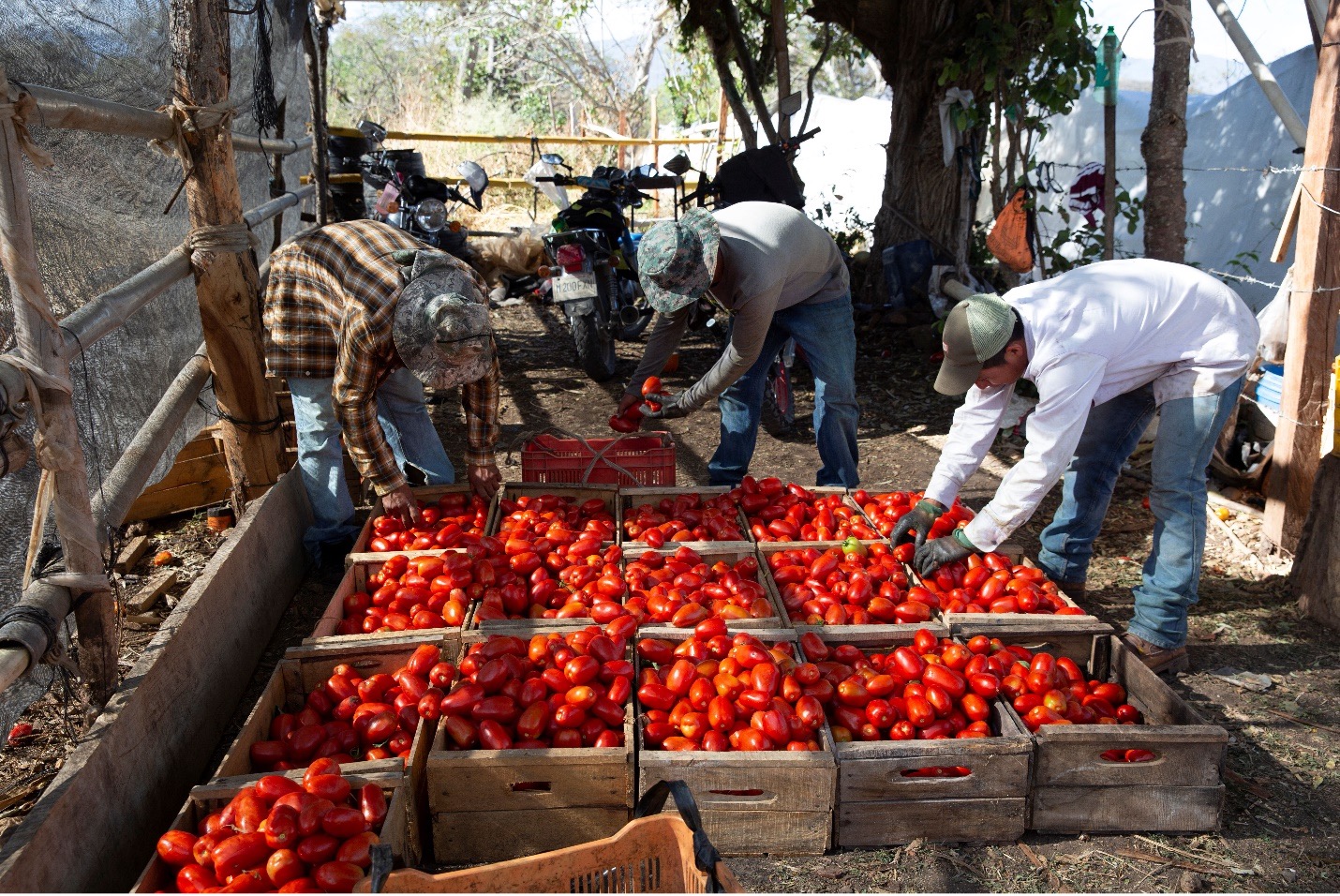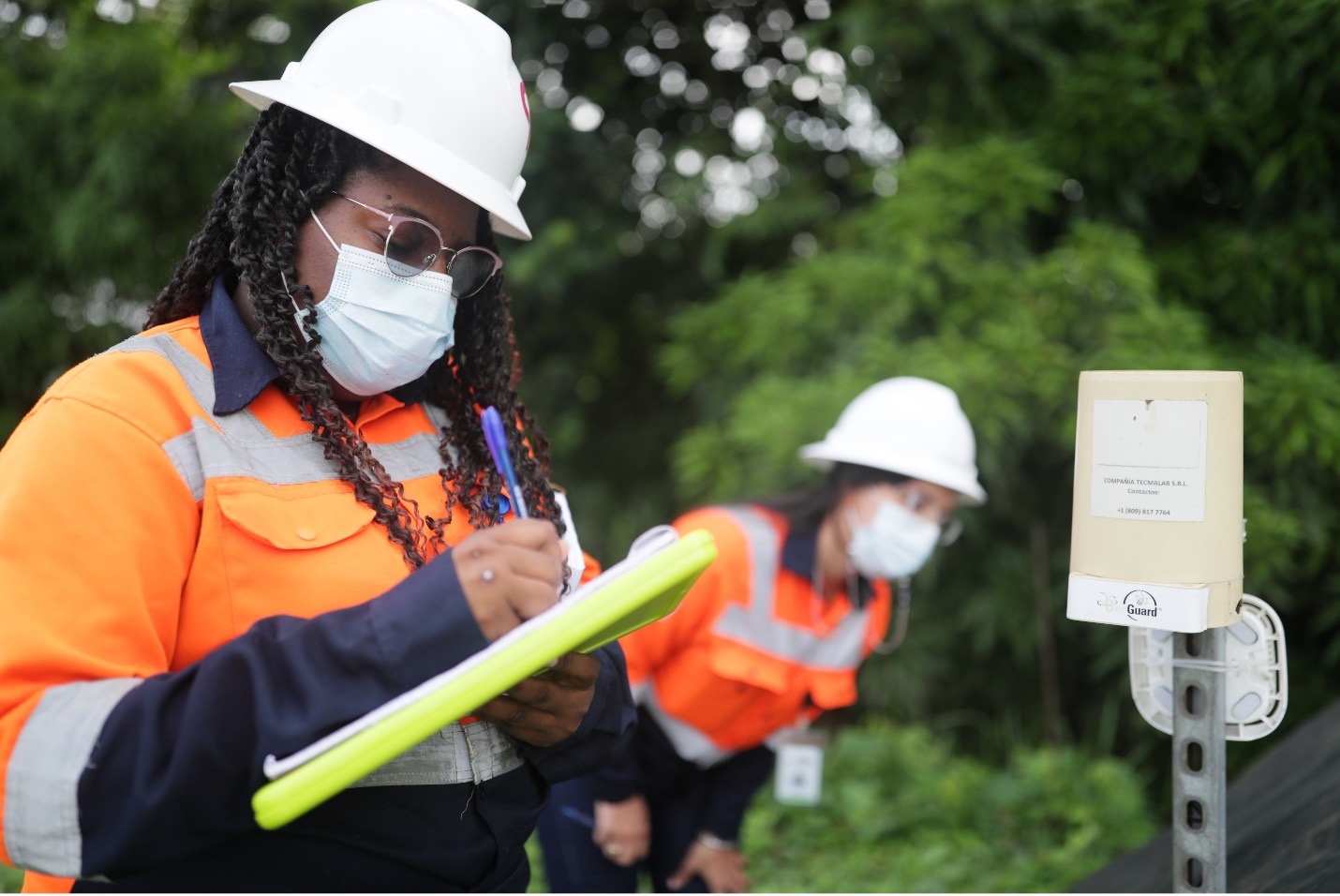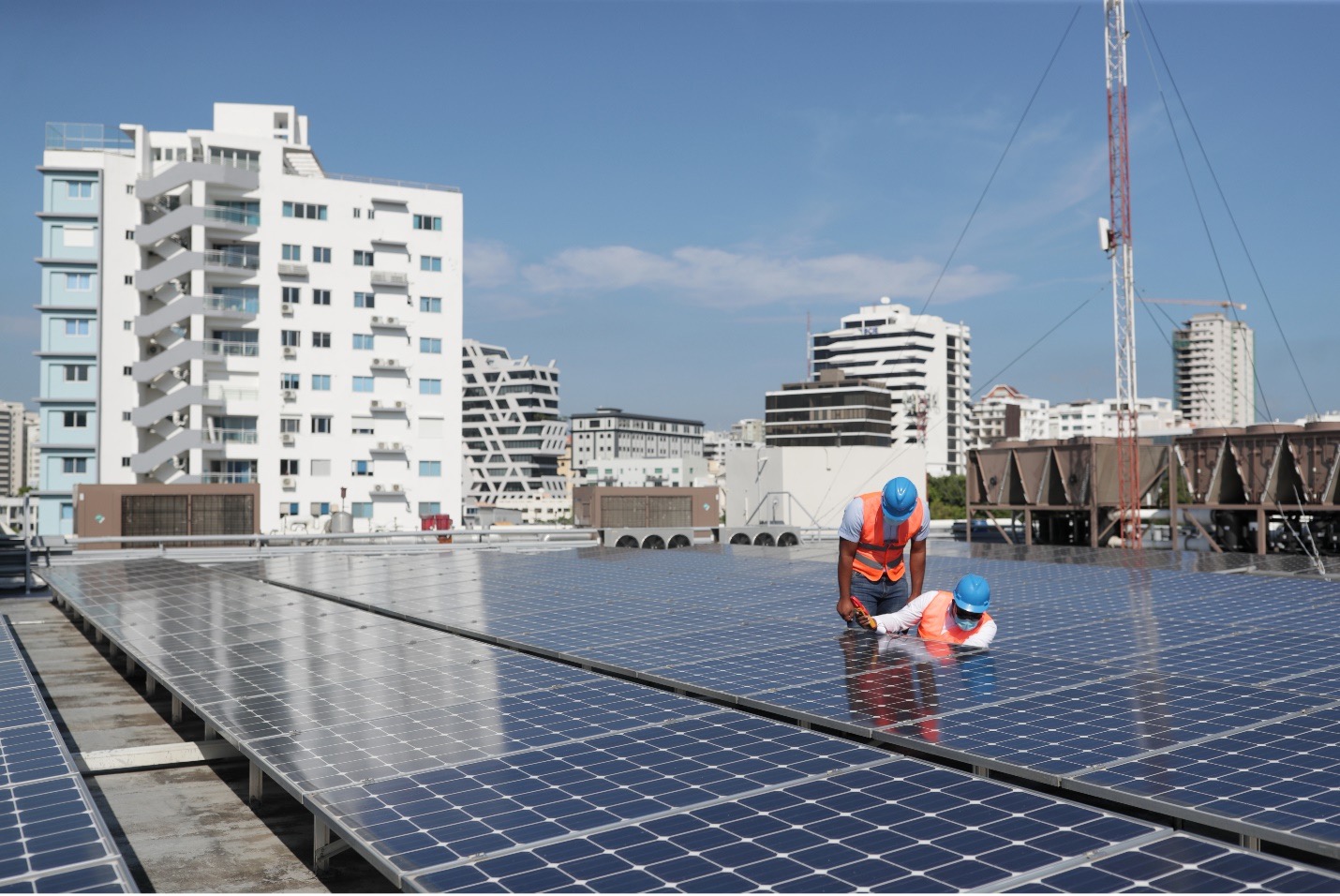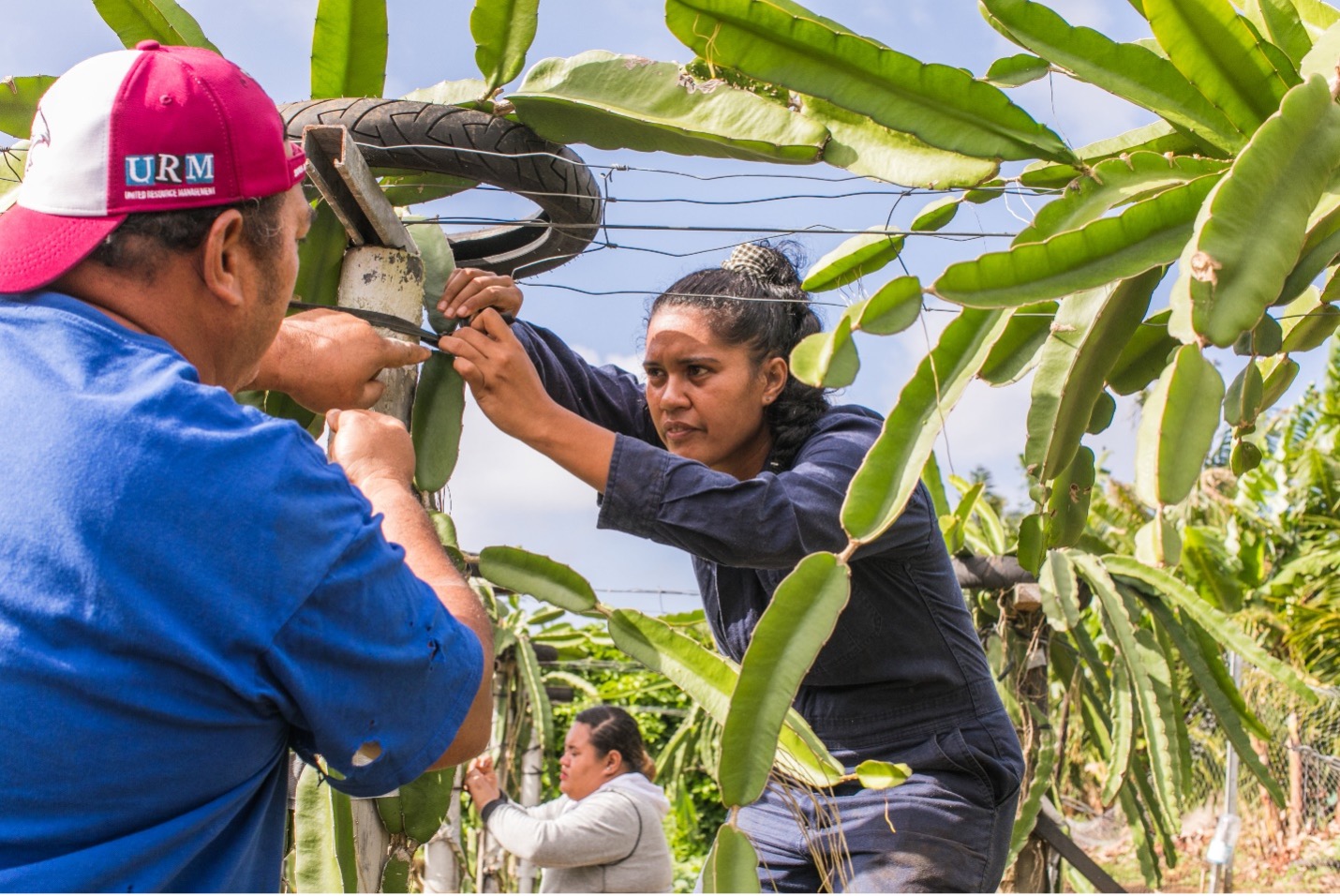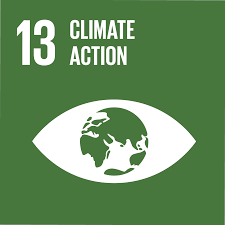 UN Climate Technology Centre & Network (CTCN)
Connecting countries to clean technology solutions for climate change action
UN Climate Technology Centre & Network (CTCN)
Connecting countries to clean technology solutions for climate change action

Challenges
The Paris Agreement was signed by Parties to hold the increase of global average temperature to well below 2°C above pre-industrial levels. 195 countries have participated and promised to take enhanced actions in realizing the goal. Technology is considered as one of the key pillars of means of implementation.
Most developing countries, however, face challenges in developing long-term climate technology roadmaps, identifying/prioritizing viable technology, building decision-making tools and accessing finance for technology demonstration. The Paris Agreement acknowledges the needs of developing countries and urges the developed countries to support, facilitate, and finance the transfer of, or access to, climate technologies for countries with limited resources. The CTCN was established in 2013 to support this mandate.
The CTCN offers solutions for developing countries to overcome barriers on technology transfer, scaling and replication. The CTCN works on a demand-driven approach and supports the first-mile interaction on the country’s access to technology. It undertakes activities through North-South, South-South and Triangular cooperation through a Network of 700 members. It ensures private sector participation through business matchmaking.
Towards a Solution
The UN Climate Technology Centre and Network (CTCN) serves as the implementation arm of the United Nations Framework Convention on Climate Change (UNFCCC). The CTCN supports climate change mitigation and adaptation in a balanced manner, prioritizing those that are particularly vulnerable to the adverse effects of climate change such as the LDCs and SIDS. We strengthen cooperative action on technology development and transfer between North-South or South-South at different stages of the technology cycle. The CTCN tackles SDG 13 Take urgent action to combat climate change and its impacts and SDG 17 Strengthen the means of implementation and revitalize the global partnership for sustainable development by providing three core services: 1) technical assistance at their request, 2) capacity building for key actors in technology development and transfer, and 3) knowledge sharing to increase information flows about their technology choices. Firstly, the CTCN’s systematic approach is embedded in the design of its technical assistance. We communicate directly with a country’s line ministry of climate change. We support the articulation of a project concept aligned with their long-term targets like Nationally Determined Contributions, National Adaptation Plans, and Technology Needs Assessment/Technology Action Plans. It is important to coordinate with their plans as the projects should continue after our intervention. For instance, when we received a request from the Ministry of Environment, Djibouti on identifying suitable technologies to utilize low-medium temperature geothermal resources, we mobilized the Network of over 700 organizations. We value not only the highest technological quality but also substantial local experience. This has inherently benefitted regional collaborations. Among 23 projects completed in 2021, 15 were implemented by the Network members in the South, serving as great examples for South-South technology transfer.
Secondly, the CTCN puts greater importance on building up endogenous capacity within the country. Most of our technical assistance uses the ‘train the trainers’ approach. Educational courses are one of the key deliverables, rather than holding one-off workshops, to ensure the knowledge is nurtured locally. In addition, we also engage key actors like research and development institutions, small and medium-sized enterprises (SMEs), and startups that drive early-stage technology innovation to access larger funding. For example, in Youth Climate Innovation Labs and Academy, we worked with 19 promising startups in Africa, Asia Pacific and Latin America, and the Caribbean to provide two-month intensive incubator programs. The startups pitched their ideas to investors and industry experts. Winners (Afri-Carbon Pay, Agronovate, Namanzi, etc.) were able to create partnerships and access funding for pilot projects.
Thirdly, the CTCN facilitates information flow among countries by convening various knowledge-sharing activities. In addition to our knowledge portal, we regularly hold regional forums for networking and sharing good practices. Countries with common climate challenges are often identified within the region and sector. We then coordinate events for matchmaking to connect the technology providers and financiers with the countries in need. In 2021, the Kenya Climate Innovation Centre(KCIC) facilitated the matchmaking of 15 SMEs in Kenya and 12 in Tanzania helping the conventional industry to connect with climate-smart technology providers.
Since 2013, the CTCN has continuously expanded its global Network and implemented 370 technical assistance projects from 109 countries (SDG13.3.2) to promote the development, transfer, and dissemination of climate technologies (SDG 17.7). It has leveraged financing of 1.24 billion dollars from various funds (SDG 17.9) including the Green Climate Fund and Adaptation Fund. Ultimately the anticipated GHG emission reductions are 12.9 million tonnes of CO2 equivalent per year (SDG 13.2.1). The CTCN plans to create synergy with other initiatives and sectoral partnerships sharing common visions, like South-South Galaxy, as collective efforts to the pathway for sustainable development.
Contact Information
Countries involved
Supported by
Implementing Entities
Project Status
Project Period
URL of the practice
Primary SDG
Secondary SDGs
Similar Solutions
| NAME OF SOLUTION | Countries | SDG | Project Status | |
|---|---|---|---|---|
A Billion Brains: Smarter Children, Healthier Economies High Level Meeting on South-South Cooperation for Child Rights |
Global | 17 - Partnerships for the Goals | Completed | View Details |
ACP Business-friendly Supporting business-friendly and inclusive national and regional policies, and strengthening productive capabilities and value chains |
Global | 08 - Decent Work and Economic Growth 17 - Partnerships for the Goals | Ongoing | View Details |
Adaptation for Smallholder Agriculture Programme Establishing better working conditions for smallholder farmers through the use of good practices and new technologies |
Global | 08 - Decent Work and Economic Growth 11 - Sustainable Cities and Communities 13 - Climate Action 15 - Life on Land | Ongoing | View Details |
Addressing the Philippine Dairy Sector Challenges Exchanging knowledge between Argentina and the Philippines to improve Philippine local dairy production |
Global | 08 - Decent Work and Economic Growth 17 - Partnerships for the Goals | Ongoing | View Details |
Addressing the Transboundary Dimensions of the 2030 Agenda through Regional Economic Cooperation and Integration in Asia and the Pacific Promoting co-deployment of ICT and transport infrastructure corridors in Central Asia region |
Global | 09 - Industry, Innovation and Infrastructure 13 - Climate Action 17 - Partnerships for the Goals | Completed | View Details |
